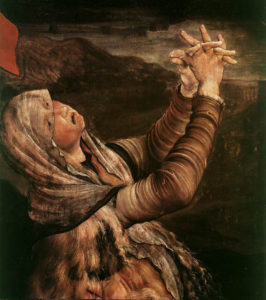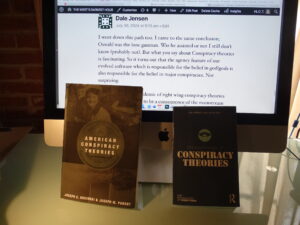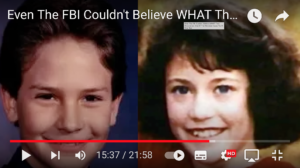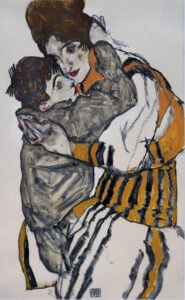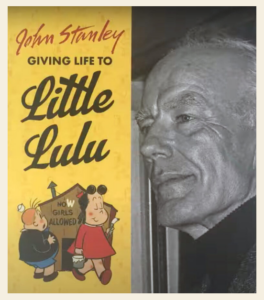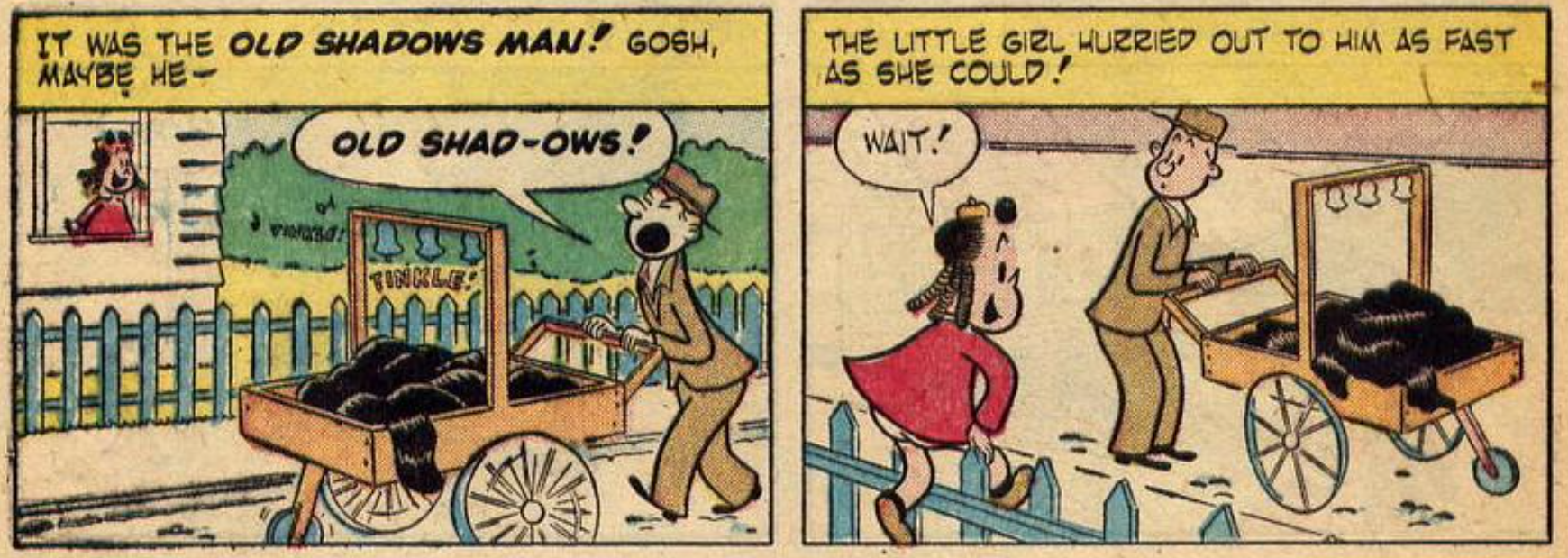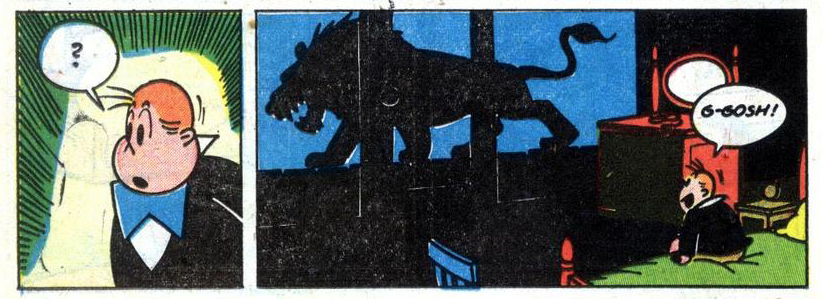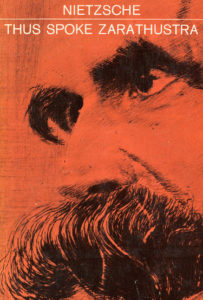Have any visitors to this site heard of an autobiographer, of our times or times past, who has written a philosophical autobiography, in several books, about how his or her parents and other adults destroyed the life of the autobiographer in question?
What distinguishes The West’s Darkest Hour from other racialist sites is that here we preach an open and blatant exterminationist ideology (see, for example, ‘Dies Irae’, the first article in my Day of Wrath compilation). What is not clear to the ordinary visitor, unless someone has read my trilogy, is that such exterminationism originated precisely after what several crazed adults did to me in my adolescence.
The mind changes dramatically after experiences like the one I suffered. It usually changes producing, in the already adult victim, a mental disorder: either psychoses such as so-called schizophrenia or suicidal depression, or neuroses such as addictions (alcoholism, drug addictions—even legal psychotropics, etc.). In the most serious cases, the victim of maddening parents feels compelled to commit serial murder. This is not said by ordinary psychiatrists, who subscribe to the medical model of mental disorders (a bio-reductionist ideology), but by dissident psychiatrists: those who try to create a trauma model of mental disorders.
Some proponents of the trauma model know that those who had schizogenic (i.e., maddening) parents entered, to paraphrase the gospel, through the ‘wide door’. Sadly, 99.99 per cent of those with schizogenic parents enter through the wide door. What these professionals ignore is that there is another door, ‘the narrow door’, which circumvents psychosis. I am talking about spending decades of your life telling your story, at least to yourself, with an emphasis on the most painful episodes.
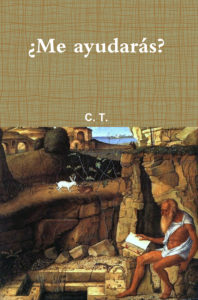 These days, for example, I have been reviewing my second volume. It has been so disturbing to relive my early experiences, and what my mother used to do to me, that I have had to make an enormous effort, plus countless pauses, to resume over and over again both rereading and revising (i.e. adding or rewriting many sentences and even paragraphs). To tell yourself your own story, through a good deal of re-reading of what has already been written, and to improve the text in further revisions to leave the original charcoal in diamond prose after so many decades, is what heals the mortally wounded soul.
These days, for example, I have been reviewing my second volume. It has been so disturbing to relive my early experiences, and what my mother used to do to me, that I have had to make an enormous effort, plus countless pauses, to resume over and over again both rereading and revising (i.e. adding or rewriting many sentences and even paragraphs). To tell yourself your own story, through a good deal of re-reading of what has already been written, and to improve the text in further revisions to leave the original charcoal in diamond prose after so many decades, is what heals the mortally wounded soul.
Someone might reproach me that the mere fact of elaborating an exterminationist ideology after my experiences is, in itself, a psychopathological symptom. I believe that the opposite is true: those who don’t subscribe to such an ideology contribute to what we could call ‘Hell Planet’—our present Earth. This is because without the spirit of Kalki the evil of the earthlings will continue unchallenged, producing endless unnecessary suffering. (Those who want to delve deeper into the matter will have to familiarise themselves with the philosophy of Savitri Devi, who in the darkest hour of the West invokes the exterminationist archetype of the Hindu religion: Kalki.)
One of the things that so-called mental health professionals ignore is that they shouldn’t put the exterminationism of, say, a philosopher like Arthur Schopenhauer in the same basket as, say, a serial killer like Jeffrey Dahmer. They are not only different things, but Schopenhauer himself may have a moral code infinitely superior not only to that of Dahmer but also to that of the so-called mental health professional. This is something that the pseudo-scientists working in the mental health sector will never acknowledge: that philosophers like Schopenhauer could be… saner than them! Above I spoke of the first essay in my book Day of Wrath. To understand what I have in mind see now the third essay, ‘Unfalsifiability in Psychiatry’ (pages 21-30).
So for the next days and weeks, I will keep revising my second autobiographical book until I feel that the textual coal has turned into more lyrical prose. My thoughts must be hardened until they are as hard as diamonds. The saying ‘No pain, no gain!’ applies perfectly to the spiritual realm. Without the agony of constantly confronting my past, I would be as our friend Joseph Walsh is: in jail and before that, in a psychiatric ward (Walsh also had a schizogenic mother). Those who don’t process their pain through writing their very painful memoirs, and throughout the decades correcting the syntax of that original charcoal until the diamond prose is formed, will never heal.
No one among the racialist forums editors comes from where I come from: a sort of Bran the Broken seeing Westeros’ past because his dad (not Jaime) threw him off the tower, breaking his spine. As I was saying, the mind changes radically after decades of being in the cave retrocognitively seeing the past, what your dad did to you. Those broken lads who fail to reach Bran’s cave change for the worse (schizophrenia, etc.). But I changed for the better because I found it.
And it was precisely because of that change that I became interested in the real history of Europe in the century in which I was born; specifically, the real history of the Third Reich. By seeing my past as it happened, which has nothing to do with the distorted version my crazy mother told, I developed the knack of seeing, now, the historical past of the West as it happened, not as the Jewish media told it to us.
One way to begin to familiarise oneself with the most notable characters of the Third Reich is to read David Irving’s books. So, in parallel with my posts citing Brendan Simms’ and Savitri Devi’s books on Hitler, I think I will resume reading True Himmler which I had neglected since last year.
Anyone who wants to read my previous True Himmler entries can do so here, here, here and here.
